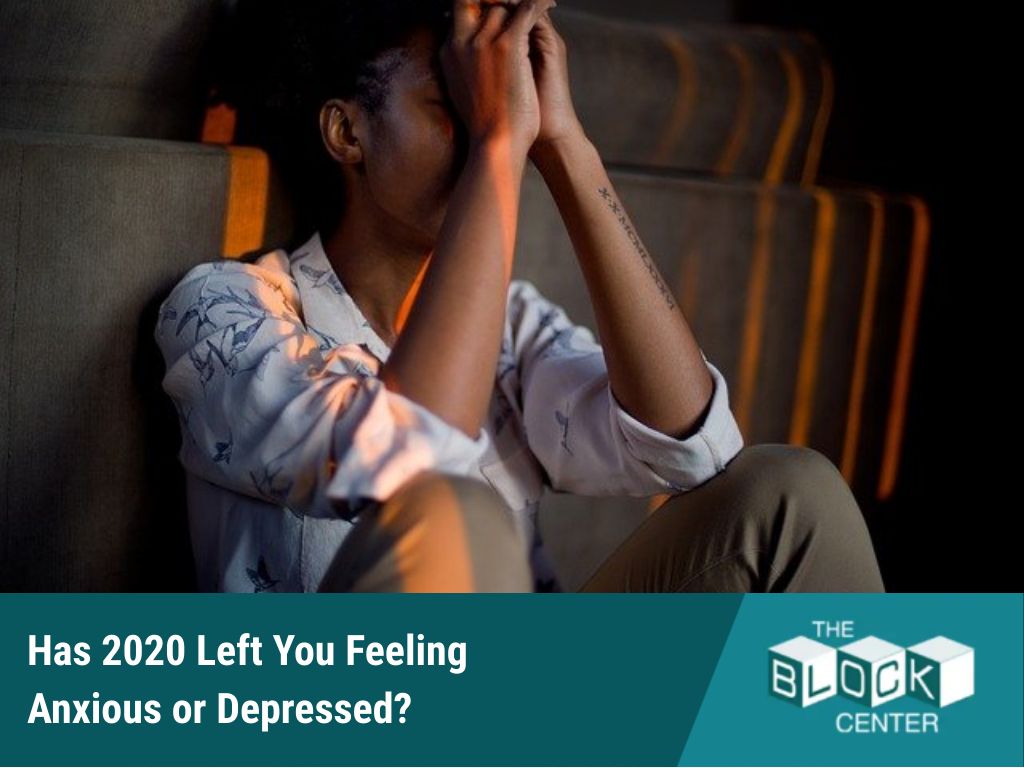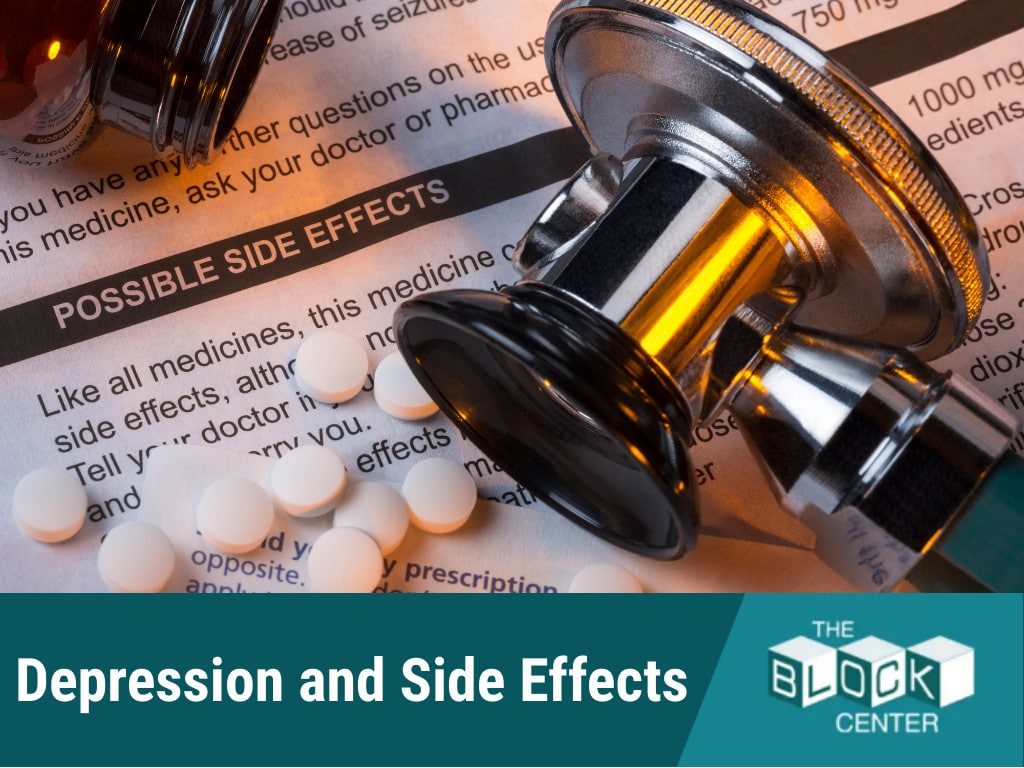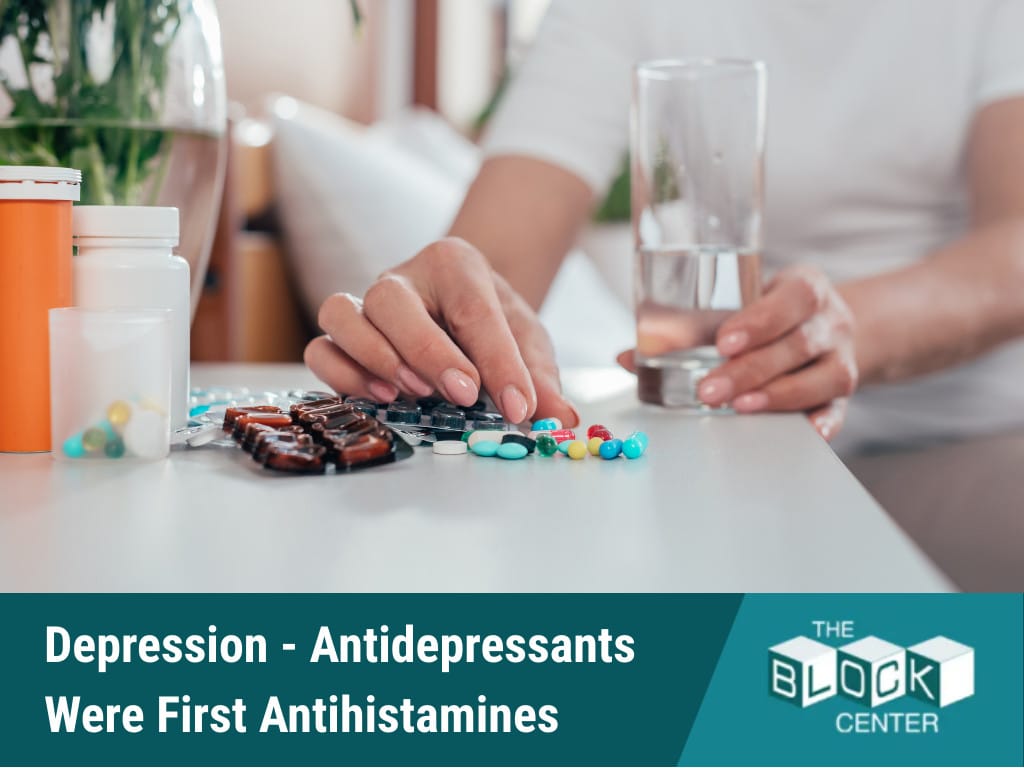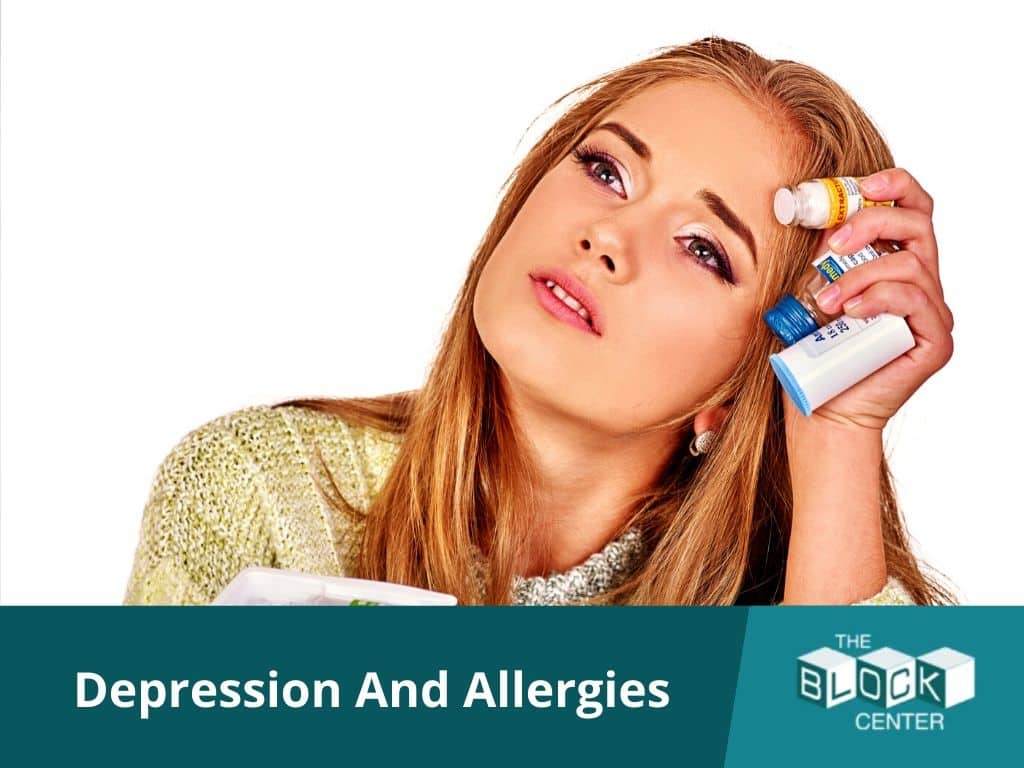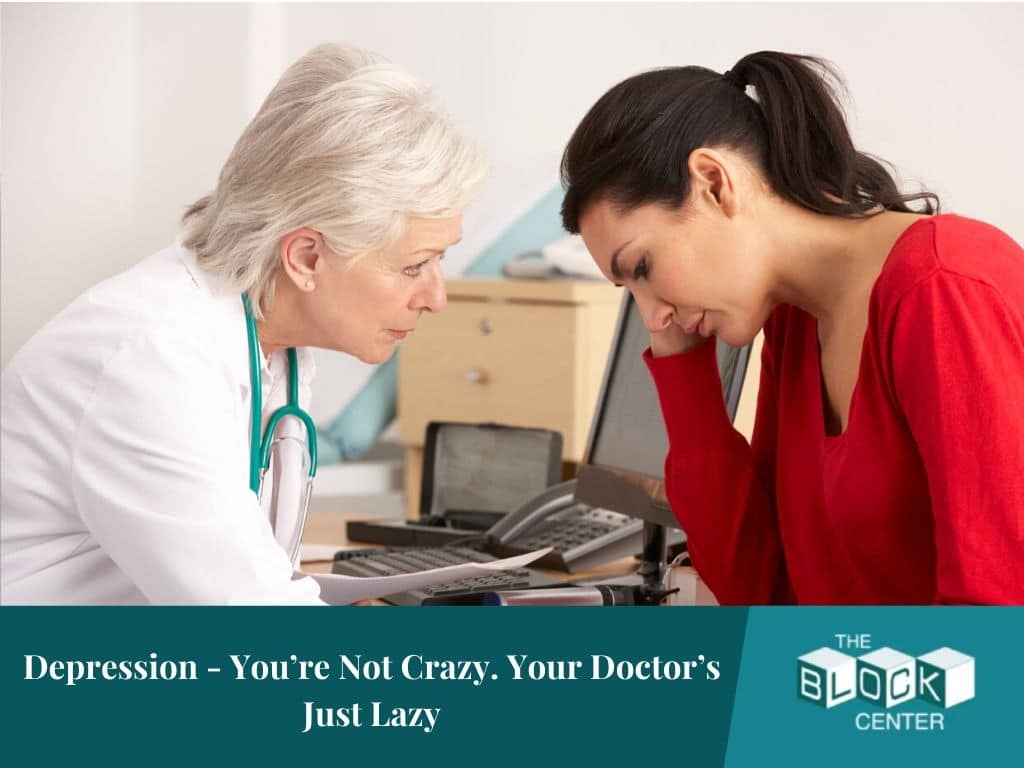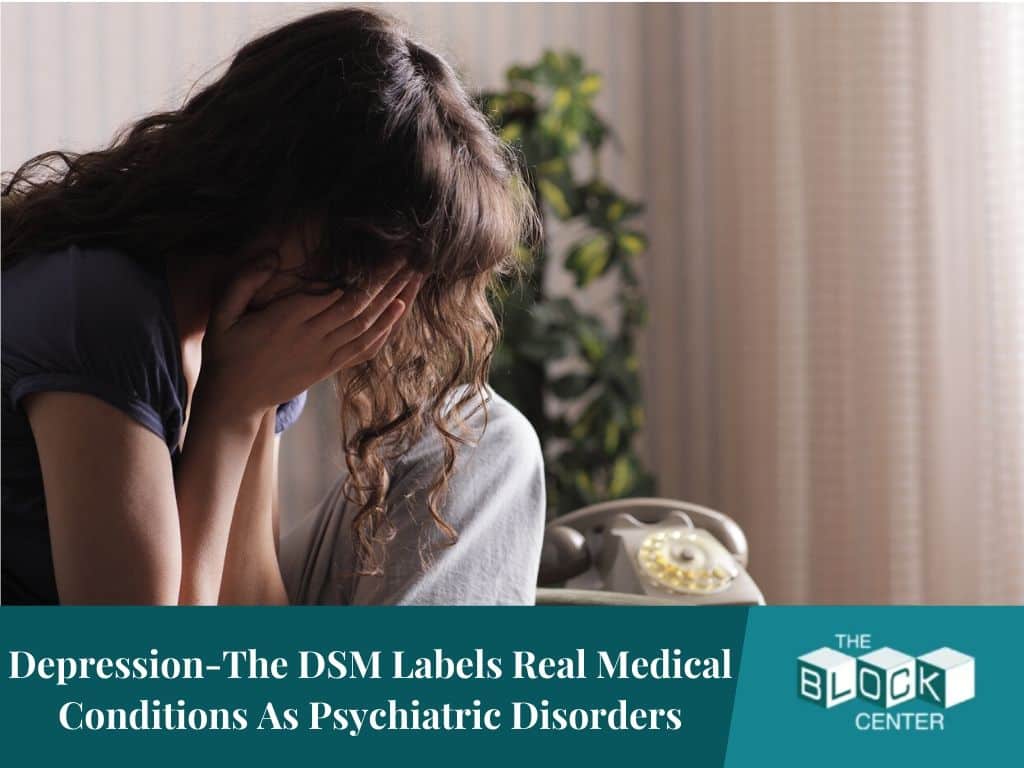Depression And Nutrients
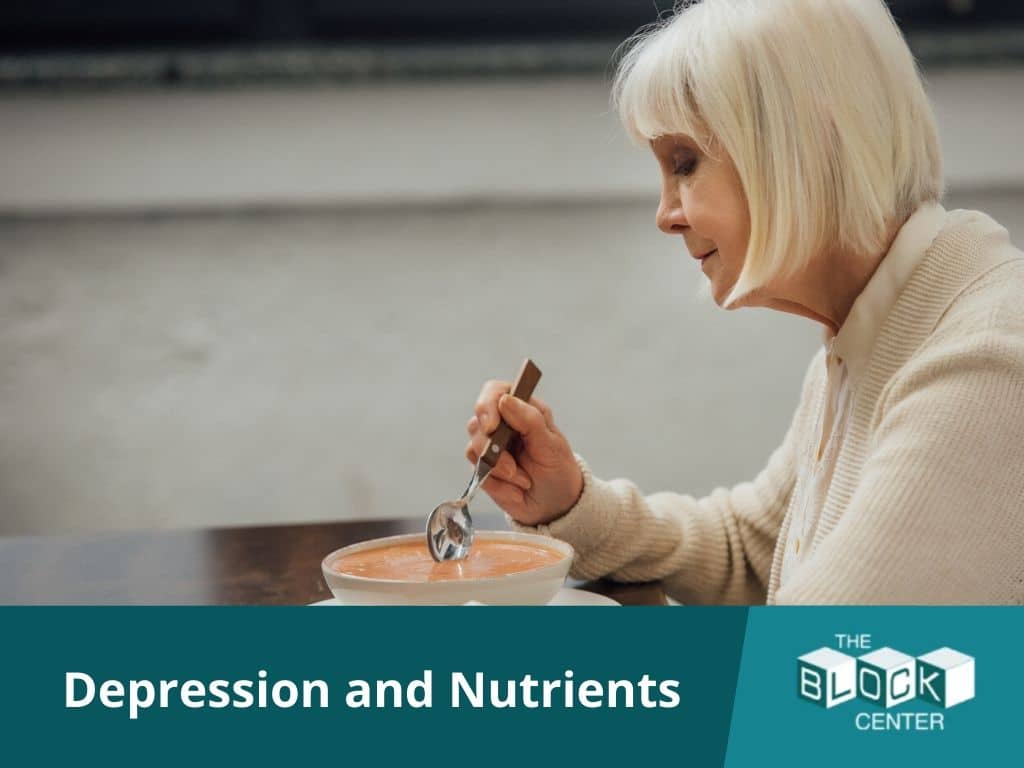
Depression has also been linked to folate deficiency. Researchers from Tufts University studied 3,000 ethnically diverse subjects ranging in age from fifteen to 39 with no depression to chronic symptoms. Blood tests showed that depressed individuals had folate serum concentrations lower than those with no depression. The lead researcher, Martha Morris, Ph.D. concluded, “Folate supplementation may be indicated during the year following a depressive episode.” (Morris, 2003).
In similar studies depressed patients were found to have inadequate levels of pyridoxine or Vitamin B6, which is necessary for the conversion of tryptophan into serotonin, a neurotransmitter that, when deficient, is believed to cause depression. (Nutritional Influences on Mental Illness, Melvyn Werbach, MD, Third Line Press, p.128)
Neurotransmitters are those elements in the body that conduct chemical messages. Many antidepressants currently on the market affect serotonin in the body by keeping it active and preventing it from going back into the nerve to be used again and again. However, if an individual does not have the vitamin B6 needed to make serotonin, the antidepressant may make the person feel even worse by disrupting the natural production process. Both estrogen and oral contraceptives can deplete the body’s supply of B6.
Vitamin C deficiency has always been associated with scurvy, which first manifests itself as depression. Studies have shown that 32% of patients in psychiatric hospitals registered low levels of Vitamin C and that such individuals may be in a “sub-scurvy” state calling for ascorbic acid (Vitamin C) supplementation. (Am J Clin Nutrition, 24:432-43, 1971)
Other research has linked depression to Vitamin B12 deficiency (BMC Psychiatry 2003; 3:17), to severe obesity, (Archives of Internal Medicine 2003; 163:2058-65). Other nutrient deficiencies that have been shown to affect depression are iron, omega-6 fatty acids, biotin, copper and potassium. Also found to be associated with depression are 5- HTP, the immediate precursor to serotonin, hypericin (the active ingredient in St. John’s Wort), SAMe and L-tryptophan (another precursor to serotonin). (Nutritional Influences on Mental Illness, pp123-151.




